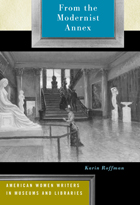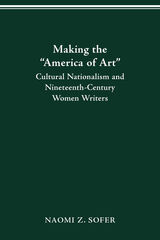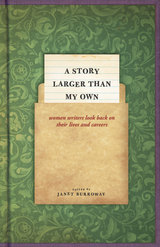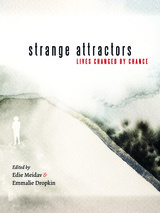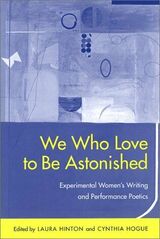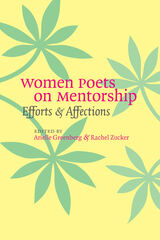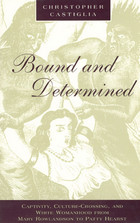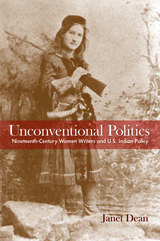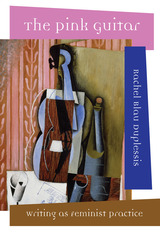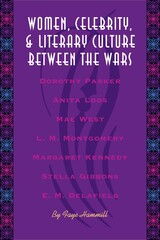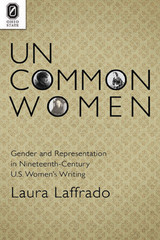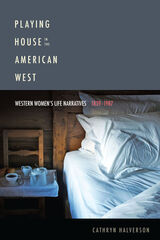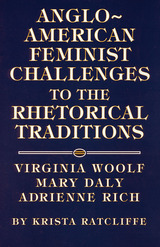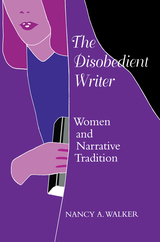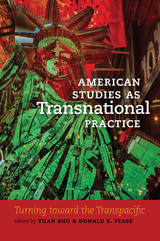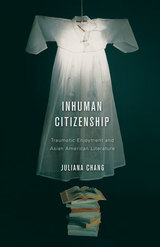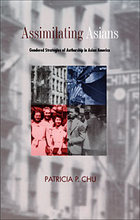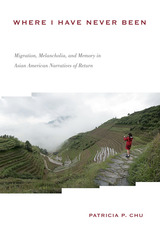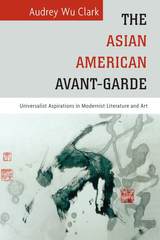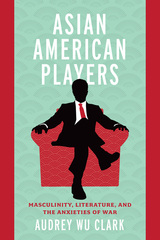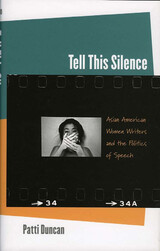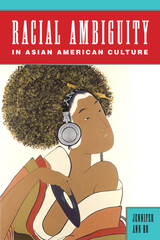Uncommon Women: Gender and Representation in Nineteenth-Century U.S. Women's Writing
The Ohio State University Press, 2009
eISBN: 978-0-8142-7160-5 | Paper: 978-0-8142-5242-0 | Cloth: 978-0-8142-0618-8
Library of Congress Classification PS152.L34 2009
Dewey Decimal Classification 810.99287
eISBN: 978-0-8142-7160-5 | Paper: 978-0-8142-5242-0 | Cloth: 978-0-8142-0618-8
Library of Congress Classification PS152.L34 2009
Dewey Decimal Classification 810.99287
ABOUT THIS BOOK | AUTHOR BIOGRAPHY | REVIEWS
ABOUT THIS BOOK
Uncommon Women discusses provocative, highly readable, nineteenth-century American texts that complicate notions of self-writing and female agency. This feminist study considers the generic forms, language, and illustrations of a group of complex and often daring texts, including Sarah Kemble Knight’s unconventional travel Journal (1825); Fanny Fern’s controversial newspaper essays (1851–72); Civil War nurse Louisa May Alcott’s Hospital Sketches (1863); and cross-dressed soldier’s S. Emma E. Edmonds’s Nurseand Spy in the Union Army (1865), along with later women’s war reminiscences. The study concludes with a fresh reading of neglected aspects of Harriet Jacobs’s Incidents in the Life of a Slave Girl (1861), the primary Black female autobiographical text of the century, which fundamentally displays what whiteness enabled.
Uncommon Women reveals attempts of white middle-class women to both violate and align themselves with gendered assumptions. In doing so, it makes visible the ways in which these texts disputed restrictive female constructions, tested boundaries of race and class, and anticipated reaction to their disruptive discourses. The resulting conflicted self-representations illuminate the vexed contours of women’s autobiography.
This study’s findings make plain the impact of white/male discourses of gender on women’s self-narrativeand illustrate how unconventional women were pressured to embrace domesticity, heterosexuality, marriage, motherhood, and political passivity.
See other books on: Feminism and literature | Representation | Sex role in literature | Women in literature | Women, White, in literature
See other titles from The Ohio State University Press

